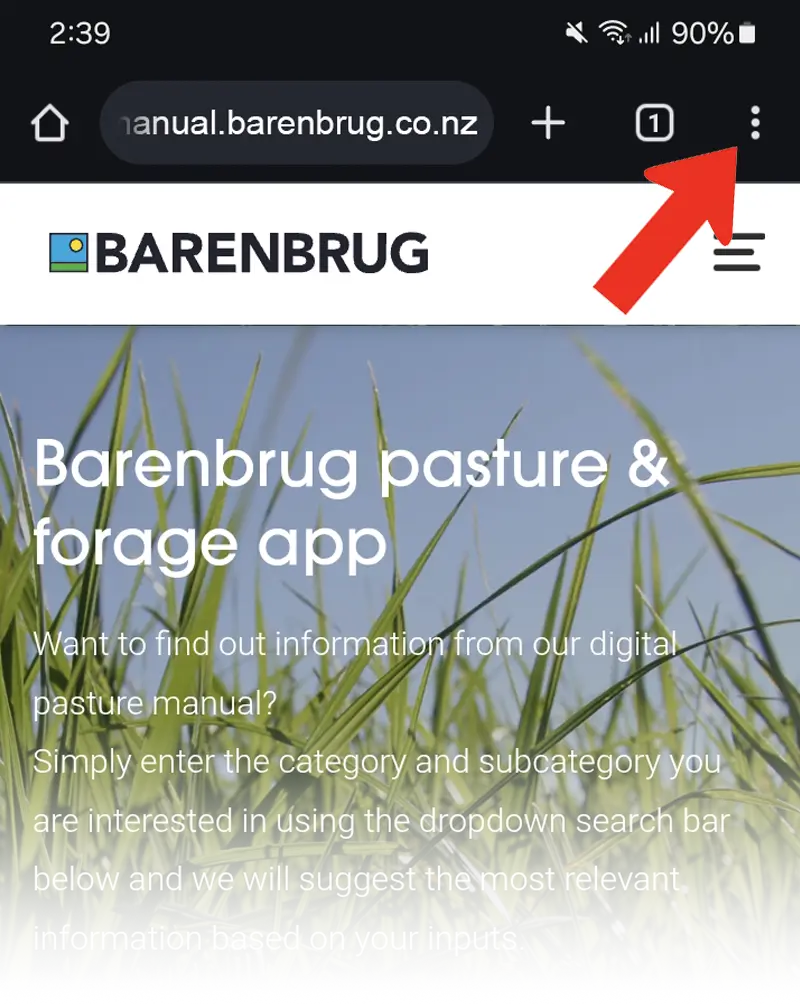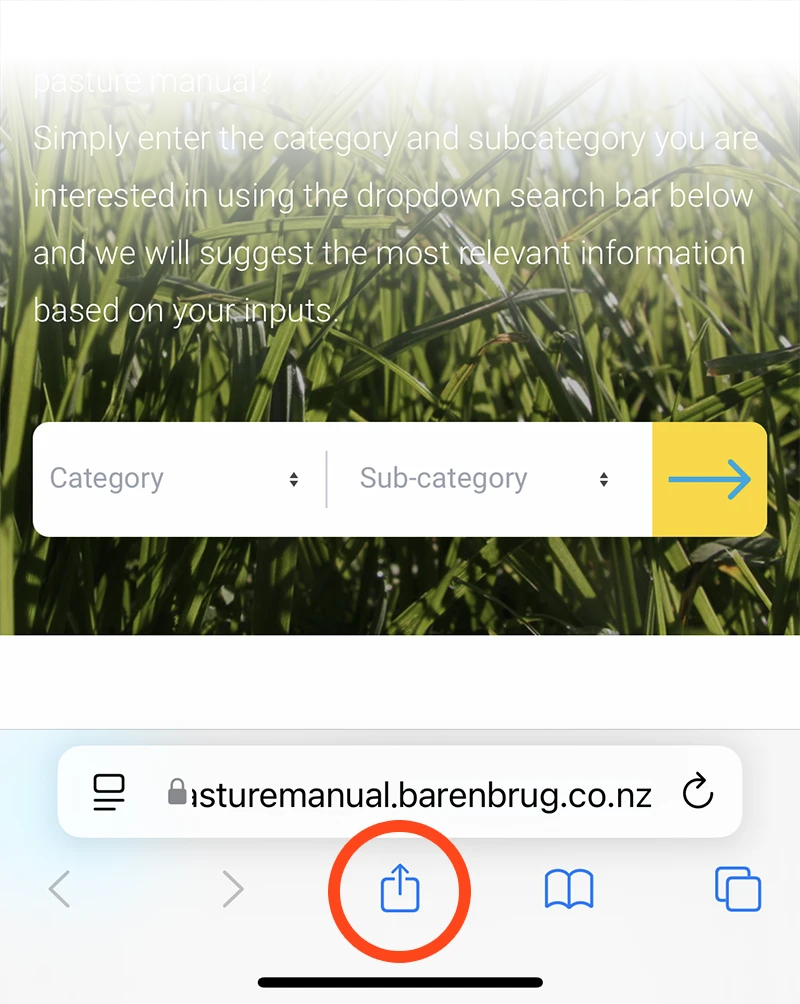Animal Nutrition
All
Animal Nutrition
Pasture feed value
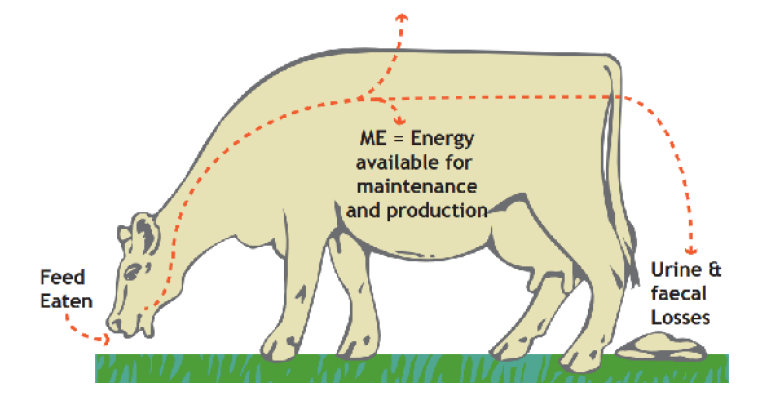
Pasture feed value is measured in several ways, the
most important being metabolisable energy (ME)
and digestibility. ME is the more useful unit for
many applications. Feed value matters, because it
drives animal intake and performance.
Open Information Sheet
Feed quantity and lamb growth
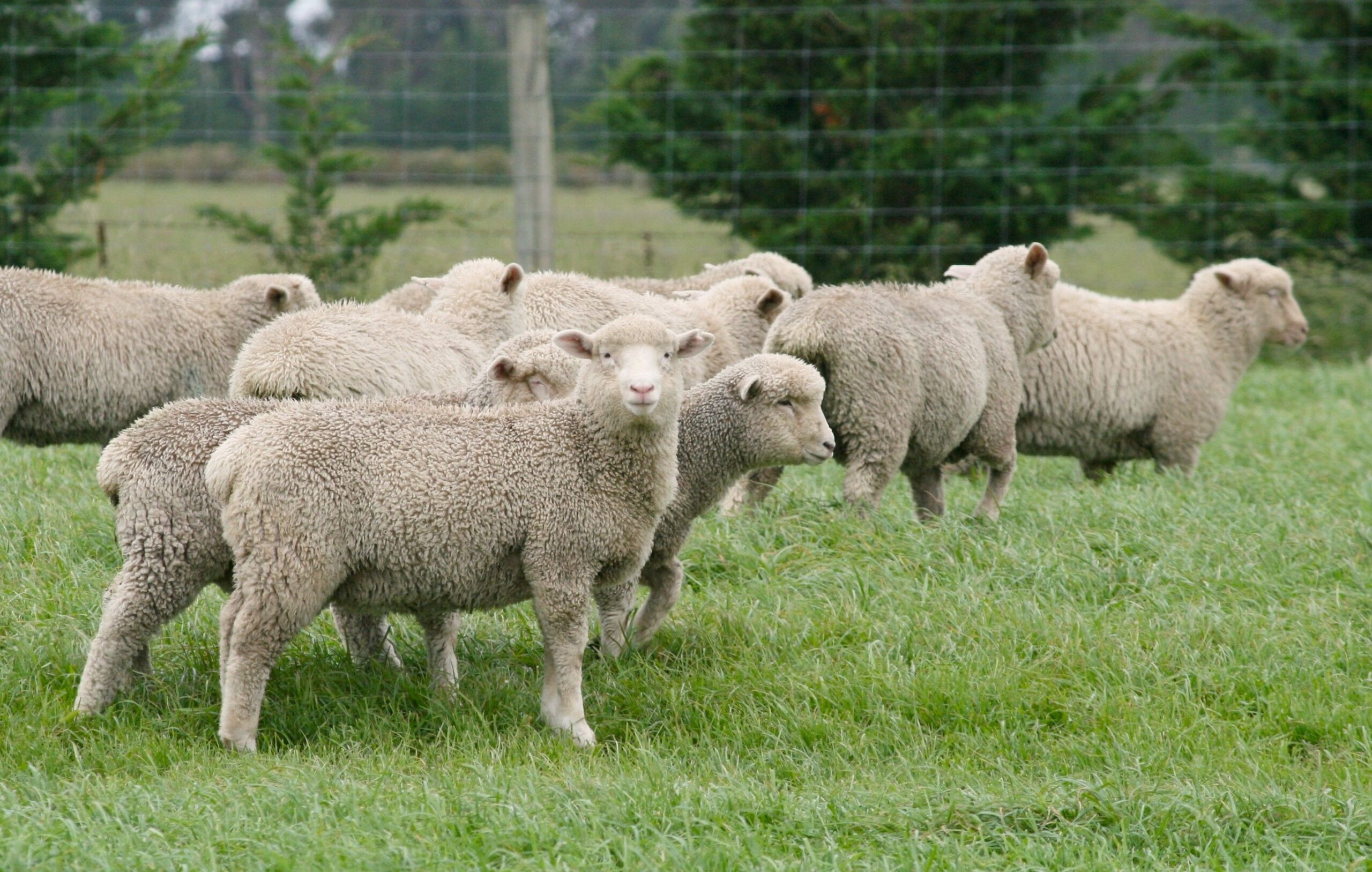
The right feed allocation is necessary for quick lamb growth. This is the key driver when pasture quality is good, from autumn to mid-spring.
Open Information Sheet
Feed quality and lamb growth
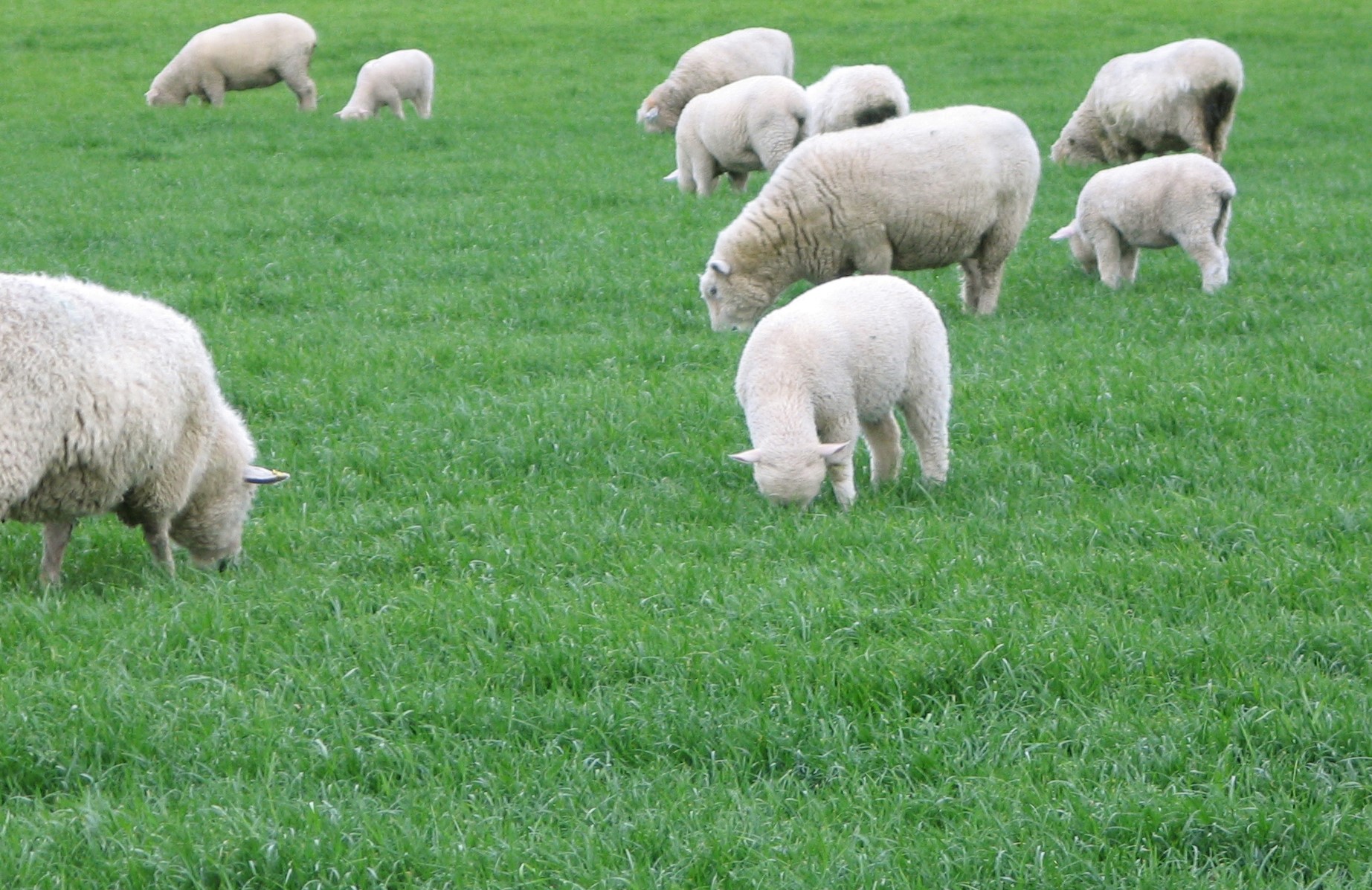
Lambs need high quality feed to grow quickly. The faster lambs grow, the greater their feed conversion efficiency.
Open Information Sheet
Building pasture cover for lambing
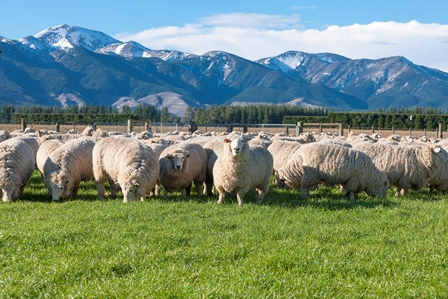
Setting up for early spring is particularly important as kg lamb weaned is a key driver of profit.
Open Information Sheet
Nitrate poisoning
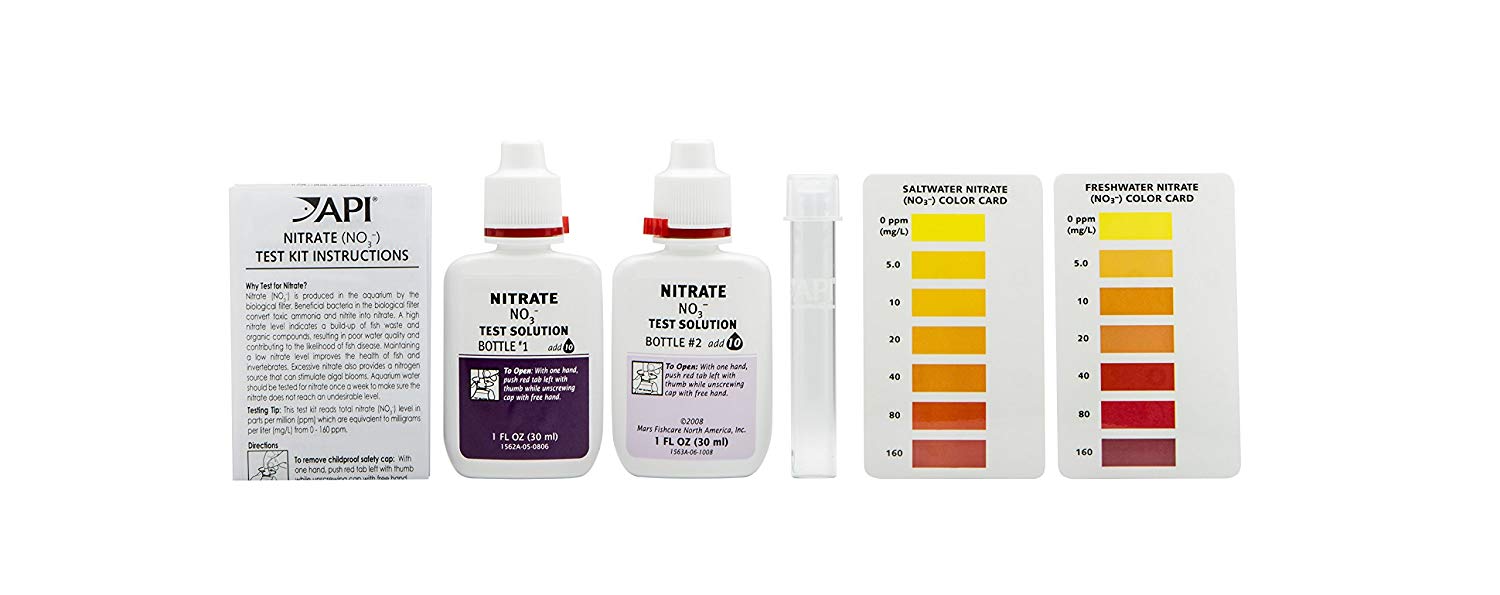
Nitrate poisoning is caused by high nitrate levels in feed and is usually a problem in late autumn or winter, particularly during a flush of growth after a dry summer.
Sheep, cattle, deer and goats can all be affected. Cattle are the most susceptible and sheep the least so. Nitrate poisoning can occur with short-term ryegrasses, oats, brassicas and occasionally other new pastures with a rapid growth rate.
Open Information Sheet
Pasture palatability
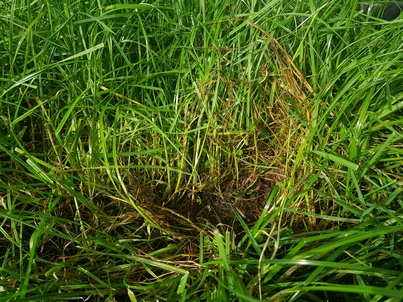
Poor pasture palatability is caused by various
factors, usually in combination. Your ryegrass
cultivar is not one of them! Herbage tests can help
identify where the help identify where the problem
lies.
Open Information Sheet
Winter feed considerations
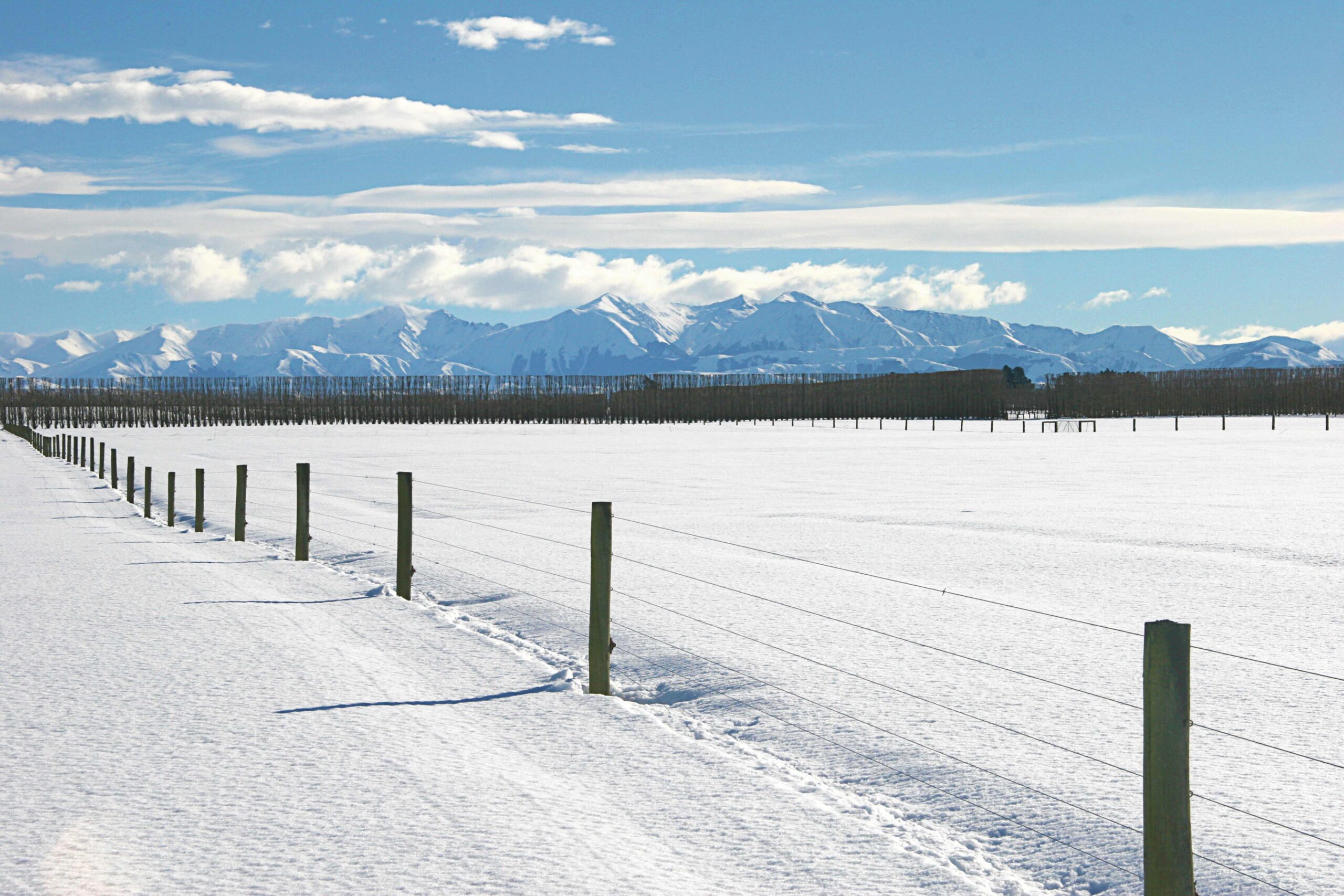
When winter pasture growth falls short of what
is needed to keep animals well-fed, feed must
be transferred from times when supply exceeds
animal demand.
This process entails considering many factors at
all levels of the farm business, from day to day
management to the overall farm system.
Open Information Sheet

